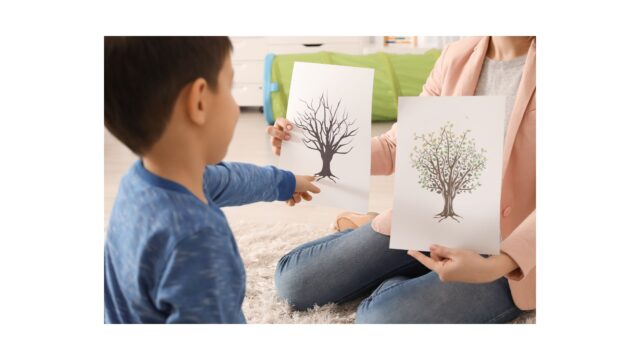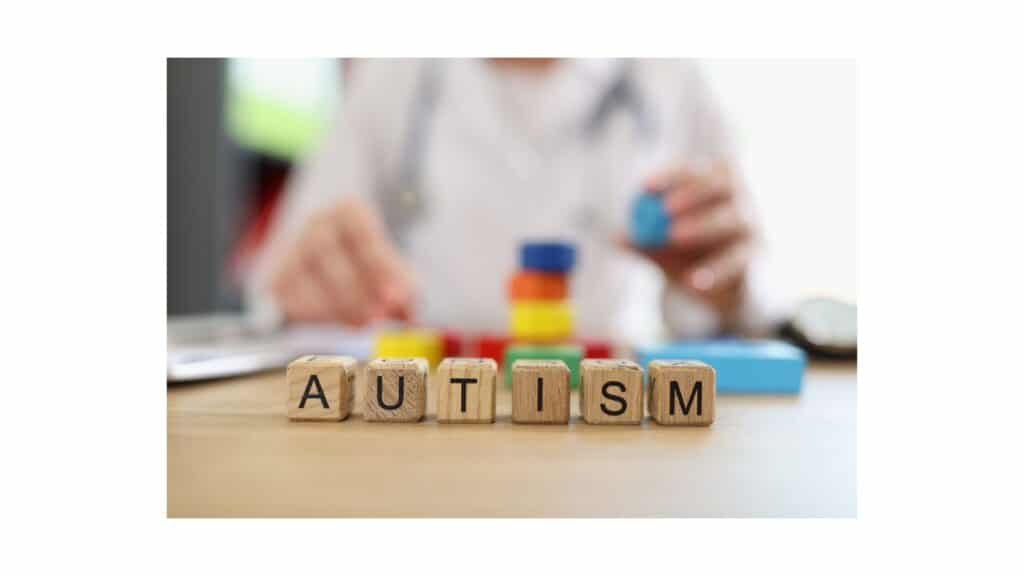Parenting is a journey filled with countless joys, challenges, and moments of growth. For parents of children with autism spectrum disorder (ASD), this journey often includes navigating unique hurdles, particularly in the realm of social interaction. While every child is different and there’s no one-size-fits-all approach, there are strategies and techniques that can significantly aid in fostering social skills development in children with autism.
In this blog post, we’ll delve into the intricacies of supporting your child with autism as they navigate the complexities of social interactions. We’ll explore practical tips, evidence-based approaches, and insights drawn from both research and real-world experiences. Whether your child is newly diagnosed or you’re seeking additional strategies to complement your current efforts, this guide aims to provide a comprehensive resource to help your child thrive socially.
Join us as we embark on this journey of understanding, empathy, and empowerment. Together, we’ll explore how to create an environment that nurtures social growth, celebrates progress, and champions the unique strengths of every child on the autism spectrum.
Utilizing Structured Social Skill-Building Activities for Children with Autism
When it comes to helping children with autism spectrum disorder (ASD) develop social skills, structured activities can be invaluable tools. These activities provide a framework for learning and practicing essential social behaviors in a supportive and controlled environment. By incorporating structured social skill-building activities into your child’s routine, you can help them develop the necessary skills to navigate social interactions more confidently. In this section, we’ll explore various types of structured activities and how they can benefit children with autism.

Role-Playing Exercises
Role-playing exercises offer a safe and interactive way for children with autism to practice social skills in simulated scenarios. You can create role-playing scenarios based on real-life situations your child may encounter, such as initiating conversations, joining a group activity, or asking for help. Encourage your child to take on different roles and guide them through the appropriate behaviors and responses. Through repetition and reinforcement, role-playing can help improve your child’s social understanding and communication skills.
Social Stories
Social stories are short narratives that provide children with autism with information about social situations, expectations, and appropriate behaviors. These stories are personalized to address specific social challenges your child may face and are presented in a clear and structured format. You can create social stories with your child using pictures, written descriptions, and simple language. By reading and discussing social stories together, you can help your child better understand social cues, emotions, and social norms.
Group Activities
Participating in structured group activities can provide children with autism with opportunities to practice social skills in a supportive and inclusive environment. Consider enrolling your child in group programs or classes focused on activities such as art, music, sports, or theater. These activities allow children to interact with peers who share similar interests and provide structured opportunities for social engagement. Be sure to choose activities that align with your child’s interests and preferences to maximize their engagement and enjoyment.
Visual Supports
Visual supports, such as schedules, visual timetables, and social cue cards, can help children with autism understand and navigate social situations more effectively. Create visual supports that outline the steps involved in social interactions, such as greeting someone, taking turns, and sharing. These visual aids provide your child with clear guidance and reminders of expected behaviors, reducing anxiety and confusion in social settings. Incorporate visual support into your child’s daily routine and refer to them during social activities to reinforce learning and independence.
Structured Playdates
Organizing structured playdates with peers can provide valuable opportunities for children with autism to practice social skills in a controlled setting. Coordinate playdates with classmates, neighbors, or members of a support group who understand and accept your child’s unique needs. Plan activities that encourage interaction, cooperation, and communication, such as board games, puzzles, or arts and crafts. Offer guidance and support as needed, but allow your child to take the lead and initiate social interactions at their own pace.
The Role of Therapy in Social Skills Development

Therapy plays a crucial role in supporting children with autism spectrum disorder (ASD) in developing essential social skills. Whether through individual or group therapy sessions, trained professionals can provide targeted interventions to address specific social challenges and help children build the confidence and competence they need to navigate social interactions successfully. In this section, we’ll explore the key points highlighting the significance of therapy in social skills development for children with autism.
- Individualized Treatment Plans: One of the primary benefits of therapy for children with autism is the development of individualized treatment plans tailored to their unique needs and strengths. Therapists conduct comprehensive assessments to identify specific social deficits and design interventions that target those areas effectively.
- Evidence-Based Approaches: Therapists employ evidence-based approaches such as Applied Behavior Analysis (ABA), Social Skills Training, Cognitive-Behavioral Therapy (CBT), and Speech-Language Therapy to address social skill deficits in children with autism. These therapies are backed by research and have been shown to yield positive outcomes in improving social functioning.
- Social Skills Training: Therapy sessions often include structured social skills training activities aimed at teaching children with autism essential social behaviors, such as making eye contact, initiating conversations, understanding nonverbal cues, and taking turns. Through repeated practice and reinforcement, children learn to generalize these skills to various social contexts.
- Behavioral Interventions: Behavioral interventions focus on modifying behaviors that impede social interaction and teaching alternative, more adaptive responses. Therapists use strategies such as positive reinforcement, modeling, prompting, and shaping to encourage desired social behaviors and reduce challenging behaviors.
- Peer Interaction Opportunities: Group therapy sessions provide valuable opportunities for children with autism to interact with peers in a supportive and structured environment. Through group activities, games, and role-playing exercises, children learn to navigate social dynamics, practice social skills, and develop friendships with their peers.
Conclusion
Positive Solutions Behavior Group LLC, located in Mason, Ohio, USA, we recognize the importance of assisting children with autism in developing vital social skills. Through our dedicated services and expertise, we aim to empower both children and their families by providing tailored interventions and support mechanisms. By fostering a nurturing environment and employing evidence-based strategies, we strive to facilitate meaningful progress and enhance the social well-being of every child we work with. With our collaborative approach and commitment to excellence, we aspire to make a lasting positive impact in the lives of individuals with autism spectrum disorder. For inquiries, please contact us at 859-282-0400.






